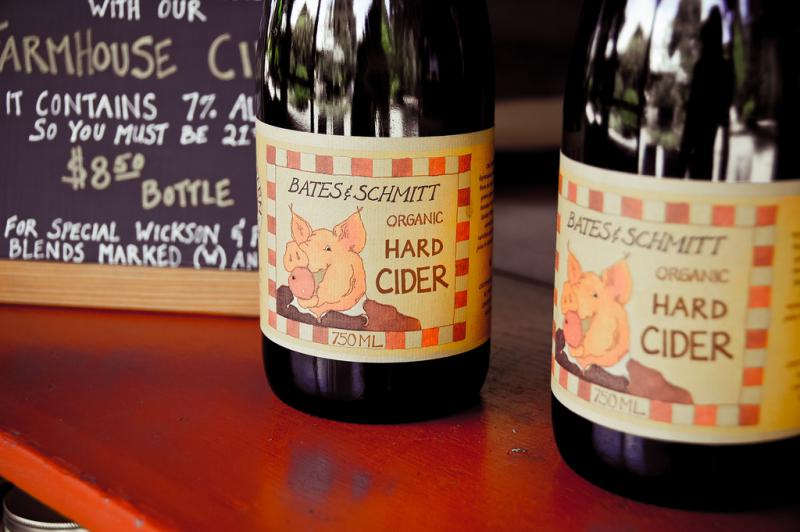
Is hard cider more like beer or champagne? What seems like a trivial question has massive financial ramifications for companies and consumers in Massachusetts.
Currently, hard cider with an alcohol by volume (ABV) content of 6% or more is taxed as a champagne or sparkling wine by Massachusetts, which levies a 70 cents per gallon excise tax on such products. The excise tax rate for champagne or sparkling wine in Massachusetts is far greater than the rate applied to beverages with an ABV of 3%-6%, which are taxed 3 cents per gallon.
Attorneys AiVi Nguyen and Matthew A. Morris explained the absurdity of Massachusetts’ current alcohol regulations in a recent blog:
“’Wines’ is defined in M.G.L. Chapter 138 section 1 as ‘all fermented alcoholic beverages made from fruits, flowers, herbs or vegetables’ containing less than 24% ABV. Thus, any cider with an ABV over 6% is taxed at a rate of 70 cents per gallon – a 2,333% increase in tax for what might be a very small difference in ABV.”
House Bill 4678, introduced by Rep. Paul Tucker and Sen. Joan Lovely, would remedy this problem, by making Massachusetts’ tax applications consistent with federal definitions. The law would increase the tax threshold from 6% to 8.5% ABV.
Jessica Henry from Far from the Tree Cider, a Salem, Mass.-based craft cider producer, explains the potential impact HB 4678’s passage would have on her business:
“Changing the limit from 6 percent alcohol by weight to 8.5 percent alcohol by volume would really adjust, fairly, the tax burden on our business.”
Henry’s company sells beverages that typically range from 6.9% to 8% ABV, and under current law will pay $59,000 in excise taxes to the commonwealth for the year. Henry explains how the passage of HB 4678 would increase the job-creating capacity of Bay State employers and make them more competitive.
“Implementing this change here would help our cider company stay competitive with states such as New York, which has also lowered its cider tax,” Henry said. “Leveling the tax playing field would allow us and other cider makers to invest more in our business and in Massachusetts.”
State Sen. Michael Rodrigues (D), a co-chair of the House Revenue Committee, is supportive of HB 4678, and is optimistic for the bill’s prospects. “Certainly I, and I’m assuming most members of this committee, will be supporting this bill,” Rodrigues said.
Rodrigues expects the bill to advance through the legislature and to end up on Gov. Charlie Baker’s (R) desk for approval.

